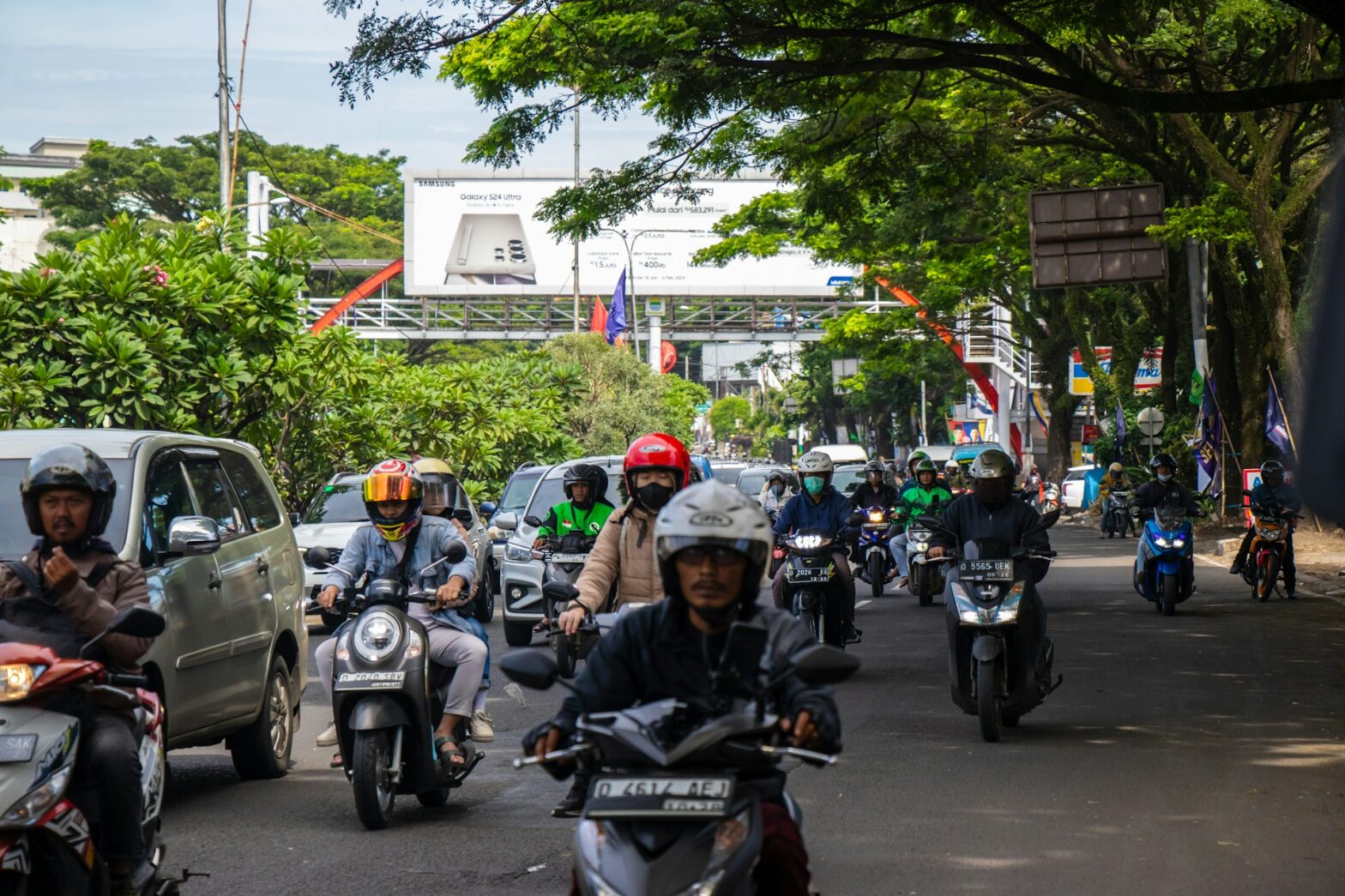Visitors to Indonesia, especially those in Bali, should anticipate disruptions due to local festivities affecting airports, roadways, and public transportation. Idul Fitri, a significant Islamic celebration marking the end of Ramadan, sees Indonesians heading back to their hometowns in a widespread movement known as “mudik.” This event prompts Australian tourists to be extra vigilant due to heightened risks.
Smartraveller, issuing an advisory, urges travelers to be particularly cautious in Indonesia due to potential security threats. The advisory notes that certain regions may require even greater caution.
This year, Eid al-Fitr (as Idul Fitri is known in Arabic) is expected to occur on April 10 and 11. However, Smartraveller advises visitors in Indonesia to remain cautious until April 22.
Indonesian citizens are set to enjoy a 10-day official holiday, incorporating national holidays and collective leave. Smartraveller warns that this could significantly affect various modes of transportation. Those transportation methods include air and sea travel, highways, and public transit. This might lead to busy airports and considerable travel delays.
With the start of Ramadan’s end celebrations, scenes of Indonesian citizens congregating at transportation hubs to return to their hometowns are already evident.
The Jakarta Post reports projections from the Transportation Ministry indicating that over 193 million individuals might travel across Indonesia’s 17,000 islands this year. This figure represents nearly three-quarters of the nation’s population, potentially making 2024’s “mudik” the largest in Indonesian history.
Before the pandemic, approximately 30 million Indonesians participated in this annual migration. Numbers surged to 85 million when COVID-19 restrictions were relaxed in 2022, with 14 million people leaving the Jakarta area alone.
Despite Bali’s predominantly Hindu population, the rest of Indonesia, primarily Muslim, may observe stricter protocols during Ramadan. Smartraveller advises foreign travelers seeking a culturally enriching experience in Indonesia during Idul Fitri to adjust their expectations and be prepared for possible alterations in day-to-day life.
The vibrant festival of Eid al-Fitr also highlights the enduring appeal of the Indonesian archipelago, particularly Bali. This appeal extends beyond tourism, attracting global interest in the real estate market, especially in buying villas and rental properties in Bali.
Buying a Villa in Bali
The growing influx of visitors and expatriates, inspired by Indonesia’s cultural and natural beauty, often leads to considerations of a more permanent connection to the island. Buying a villa in Bali presents a personal oasis and a lucrative investment opportunity, particularly in the thriving rental market.
Prospective buyers should first acquaint themselves with the local property market’s unique aspects. Indonesia’s real estate laws have specific guidelines for foreign investors. This underscores the importance of informed decision-making or consultation with experienced real estate professionals in Bali.
Foreign investors typically face two main paths in the Bali property market: leasehold and freehold. Leasehold properties are more accessible for foreign buyers, involving a long-term lease from a local owner. Freehold properties, while offering more ownership rights, require navigating more complex pathways, such as using a local nominee system or forming a foreign investment company.
Bali’s varied regions, each with its unique character and appeal, offer different investment prospects. Popular tourist areas like Seminyak, Canggu, and Ubud are hotspots for rental properties. The villas range from traditional Balinese styles to modern luxury residences, catering to various preferences and investment strategies.
For those aiming to invest in Bali’s rental market, strategic considerations are key. It’s crucial to evaluate the property’s location in relation to tourist hotspots, attractions, and lifestyle amenities. Additionally, understanding the local rental market trends and seasonal visitor patterns is essential for optimizing investment returns.
Successfully navigating the purchase of property in Bali involves understanding the legal and financial implications. Collaborating with trusted property lawyers and financial consultants specializing in Indonesian property laws and tax regulations is imperative for a secure and compliant investment.
